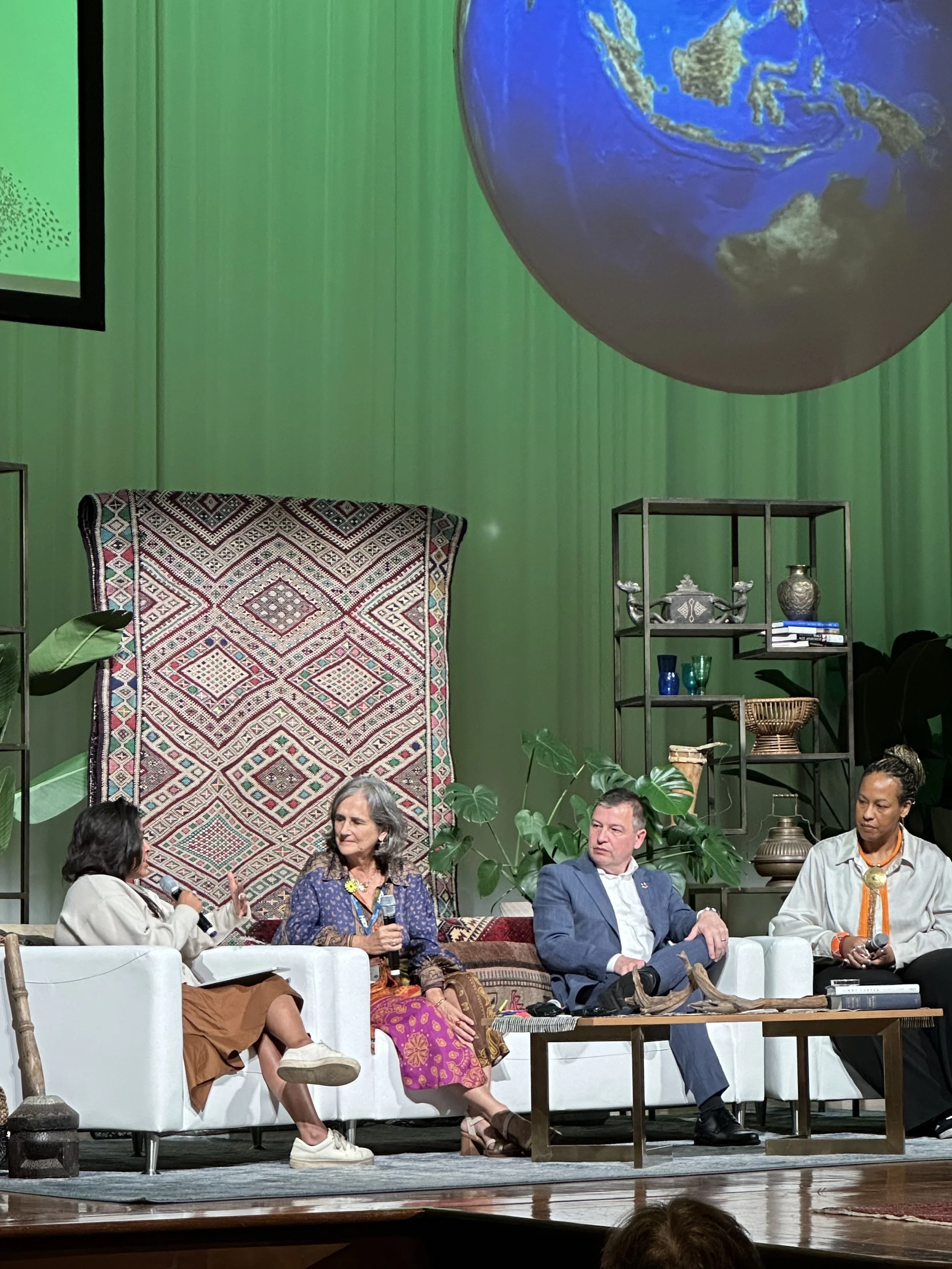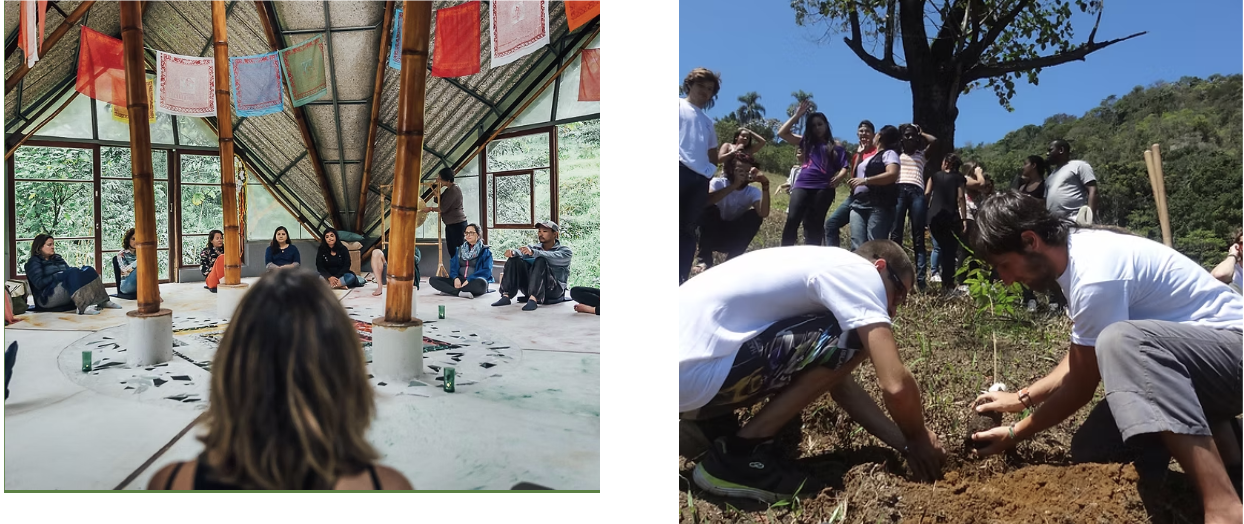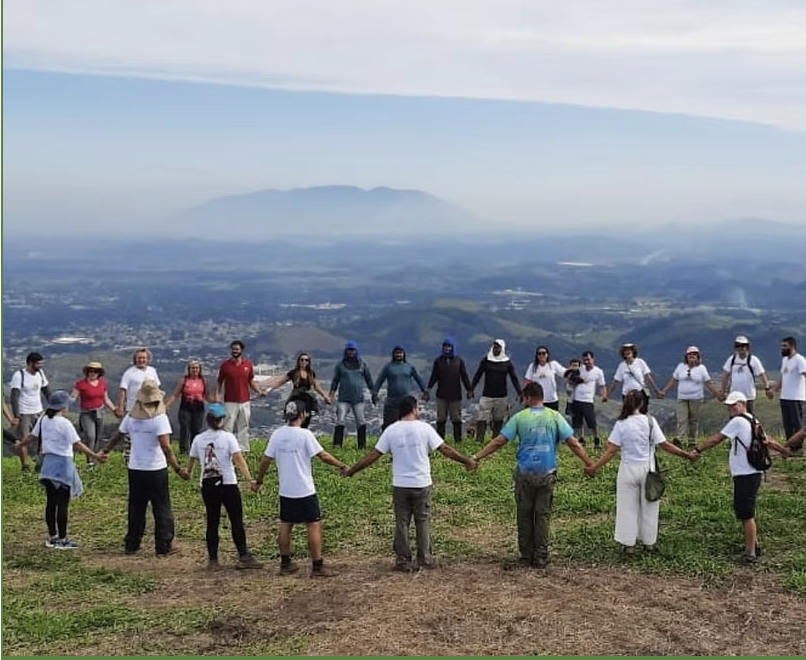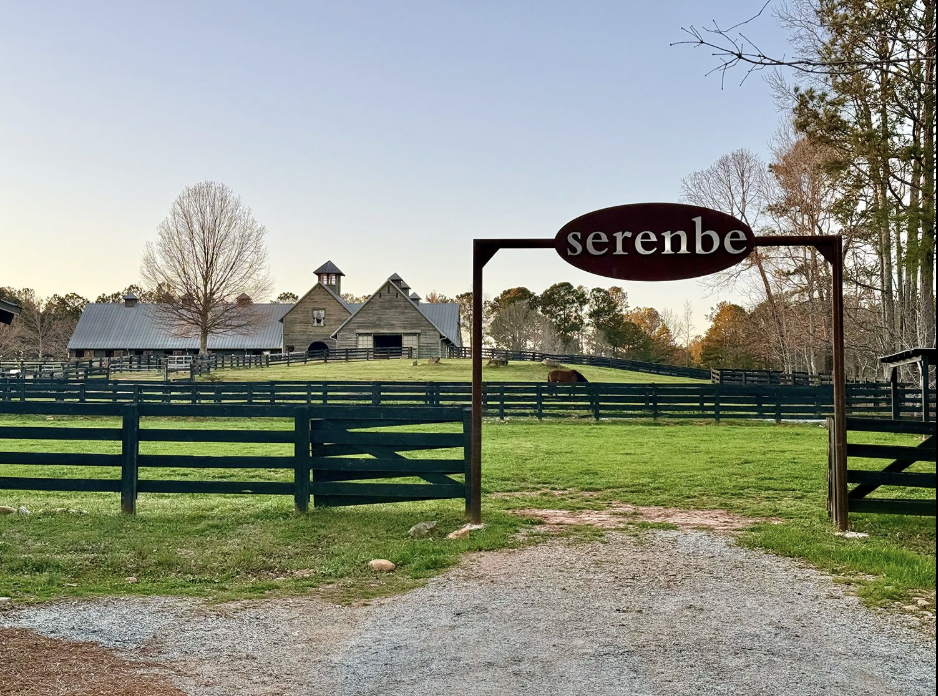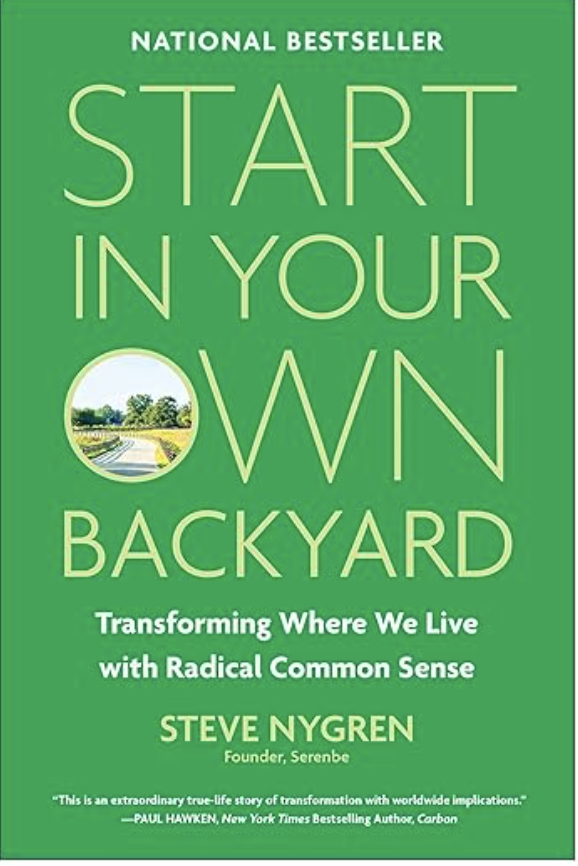Faithful readers know (and hopefully appreciate) my obsession with leadership and my commitment to elevate leaders who use their powers and influence in service to others…the kinds of leaders that millions of Americans gratefully voted for this week…leaders who know how to create change from the ground up! I will be writing about some of them in future weeks, but as I am traveling to Brazil to participate in the COP30, the UN’s convening of nations to negotiate global climate policies, I am sharing a an inspiring story of a Brazilian leader I’ve come to know through my work with Project Dandelion.
Thais Corral is a soft spoken, passionately committed social justice advocate, who after twenty-five years of important international leadership for women rights and the importance of protecting and restoring people and the planet, came to understand that global goals of equity and justice can best take root when action is anchored in particular places, and when the people who live there are centered as the agents of that change. That conviction became the seed of Sinal do Vale, a community quite literally restored as a ‘living laboratory’ outside Rio de Janeiro in Brazil’s Atlantic Forest.
Panel discussion during last year’s Human Right Defennders Forum at the Carter Center
Left to right: Jade Begay, Thais Corral, Dr. Edward Cameron, Colette Pinchon-Battle
Sinal do Vale is a vibrant example of change beginning from the ground up–starting with restoring the soil, the forests, innovating nature based solutions for food systems, and creating new forms of livelihoods based on regenerative practices. It is a learning campus where participants, often young people and young women, come for immersive programs and workshops that equip them with practical skills in agroecology, restoration planting, and regenerative business design. The community that lives and works there manage projects that reweave fragmented forests, improve watershed function, and create corridors for biodiversity, while also regenerating local food systems to strengthen local food security.
At its heart, Sinal do Vale is not only a learning campus, but also a bio-hub for changemakers. It hosts workshops, residencies, and leadership retreats for organizations and leaders from around the world. The intention is clear: those who come to learn here leave with the tools, networks, and confidence to replicate regenerative practices in their own communities.
I haven’t visited Sinal yet, but it’s in my plans as I’m eager to learn more about how this kind of land stewardship and the restoration of community from literally the ground up, are exactly the long-term investments needed to solve many of today’s global challenges. And just as importantly, Sinal is creating economic resilience for rural people as every activity is designed so that economic benefits flow to local families, community groups, and small enterprises, and with a special focus on cultivating young women in the communities to pursue climate resilient livelihoods. This commitment is not symbolic; it is practical and sustained, offering training, mentorship, and opportunities to transition into meaningful local work.
Thais’s leadership and the living laboratory of Sinal do Vale remind us that ambition for the planet must be translated into the humble work of place-making. The greatest policy frameworks and global agreements are meaningful only when people on the ground—especially women and youth—have the land, the tools, and the agency to act. When we choose to steward a single place well, it becomes a model that ripples outward. Sinal do Vale is already doing that: restoring forests, supporting local livelihoods, incubating regenerative enterprises, and raising up women as leaders of the change we need.
I’m inspired by the story of Sinal do Vale and by Thais’s decision to start where she was already rooted, seeing what could be restored, regenerated and building the community to sustain it. There are other examples of this place based transformation, and leaders who start something big in their own backyards.
Closer to my own backyard, Thais’s story reminds me of a similar place based community that began somewhat the same way.
Serenbe, a community less than an hour south from Atlanta, began as one family’s effort to protect a beloved farm from suburban sprawl and grew into a living example of what’s possible when development and nature work together rather than in opposition. The visionary founder/entrepreneur, Steve Nygren, recounts this story of how Serenbe became a thriving model for sustainable living: a place where homes, farms, art, and nature coexist in harmony; where good food, creativity, and community are nurtured side by side in his new book, aptly titled “Start in Your Own Backyard.”
(Confession: I wrote the foreword and my husband and I bought a small cottage there, contemplating a move at some point in the future as we, like many of you, desire a lifestyle that aligns more closely with what we value).
I believe I can assert with some certainty that we all value leaders willing to take the risks to start something new, to have the courage of their convictions even when many doubt that their dreams can be realized and sustained; leaders who put service to community ahead of profit and conservation of natural resources instead of short term extraction with long term consequences for people and the planet. These values and others motivated Thais and Steve and the other leaders everywhere who understand the power of place based solutions, the importance of community and who move forward towards the simple but transformational decision to preserve what they loved most and to reimagine how we live with the land and with one another.
And there are small, but significant ways that each of us can start in our own backyards or rooftops, however small or large, to begin to transform how we are living on or with the land or shared spaces. Here’s some helpful books that offer ways to start and perhaps, to become the one who leads your family, neighbors and community from the ground up to a more harmonious, healthy, and sustainable relationship with our shared home, Mother Earth, and with each other.
Onward!
- Pat

